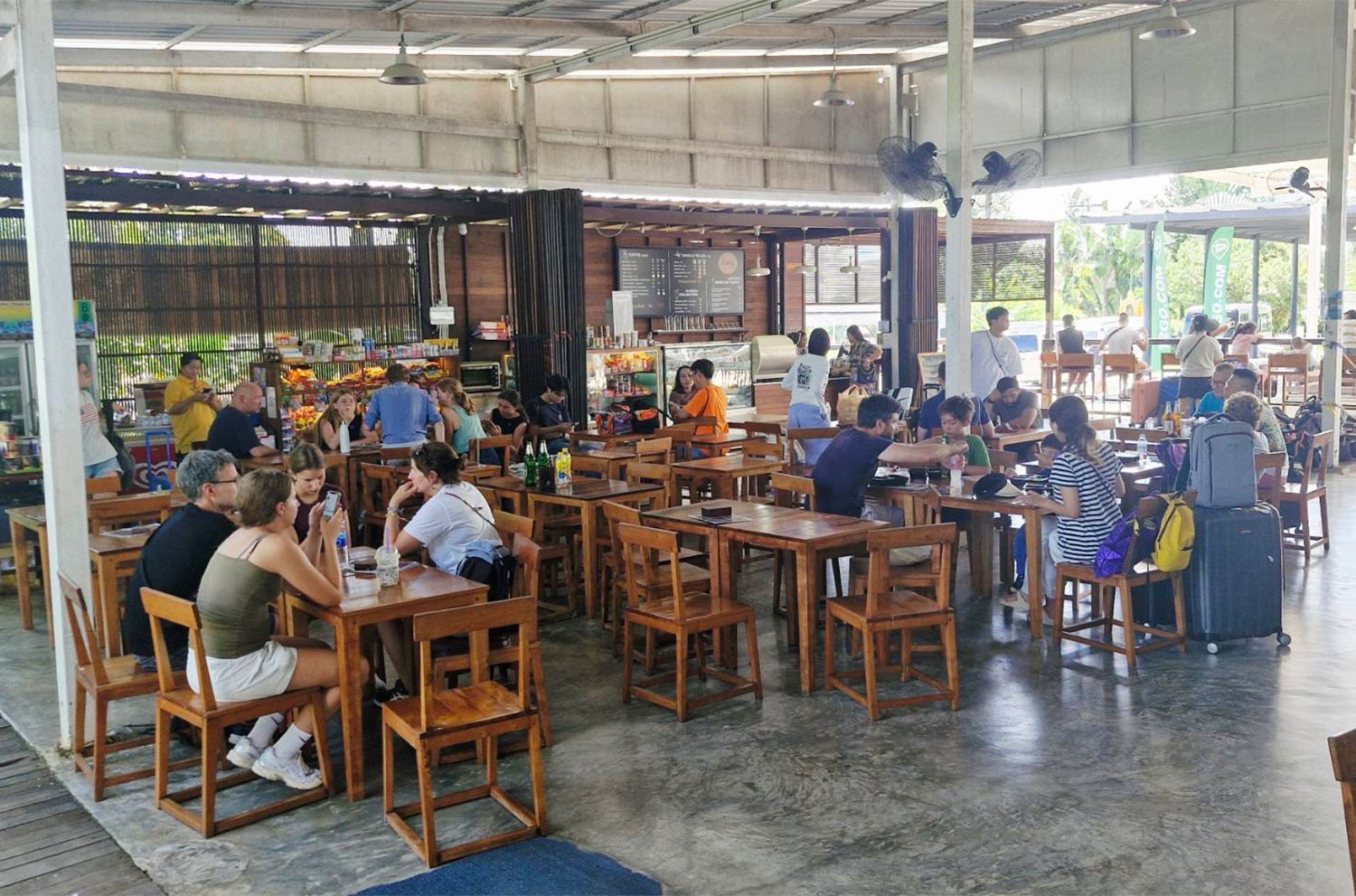Persistent Uncertainty Grips Operators
Ceasefire Fails to Restore Confidence
Despite a recent ceasefire agreement between Thailand and Cambodia, tourism businesses on Koh Chang in Trat province remain cautious, as reported on August 8, 2025. The fragile truce has not alleviated fears among hoteliers and operators, who face ongoing political instability and border uncertainties. Saksit Mungkarn, a former Trat Tourism Industry Council chairman and hotel operator, noted that the private sector lacks confidence in the ceasefire’s stability, with many anticipating further disruptions to the island’s vital tourism sector.
Labor Shortages Hit Hard
Cambodian Workers Leave Amid Tensions
The Thai-Cambodian border tensions have triggered a significant labor shortage on Koh Chang, particularly affecting the service and construction industries. Many Cambodian workers, critical to these sectors, have returned home due to safety concerns, leaving only those with local families behind. Businesses have turned to Thai workers and student interns to fill gaps, but the construction sector faces acute challenges with limited replacements from Thailand’s Northeast. This workforce disruption compounds the economic strain felt by operators already grappling with declining tourist numbers.
Plummeting Bookings Threaten Recovery
Resorts Face Near-Empty Seasons
Pornthip Sunthornkit, manager of Chai Chet Resort, reported a drastic 90% drop in bookings, with seminar groups—key customers during this period—cancelling or postponing trips. The perception of Trat as unsafe, despite assurances of Koh Chang’s security, has deterred visitors. Other operators across the island face similar declines, as tourists remain wary of traveling to the region. This sharp downturn threatens the financial viability of businesses reliant on seasonal tourism, particularly as the high season approaches.
Calls for Government Support
Relief Measures Urgently Needed
Resort operators are urging the Thai government to implement relief measures, such as interest rate reductions, debt moratoriums, or loan repayment extensions, to ease the indirect impacts of the border conflict. Pornthip emphasized that while Koh Chang is not on the frontline, the economic fallout is severe, with businesses struggling to meet loan obligations. Without swift intervention, operators fear devastating losses if the situation persists into the year-end peak season, underscoring the need for targeted support to sustain Koh Chang’s tourism-driven economy.








